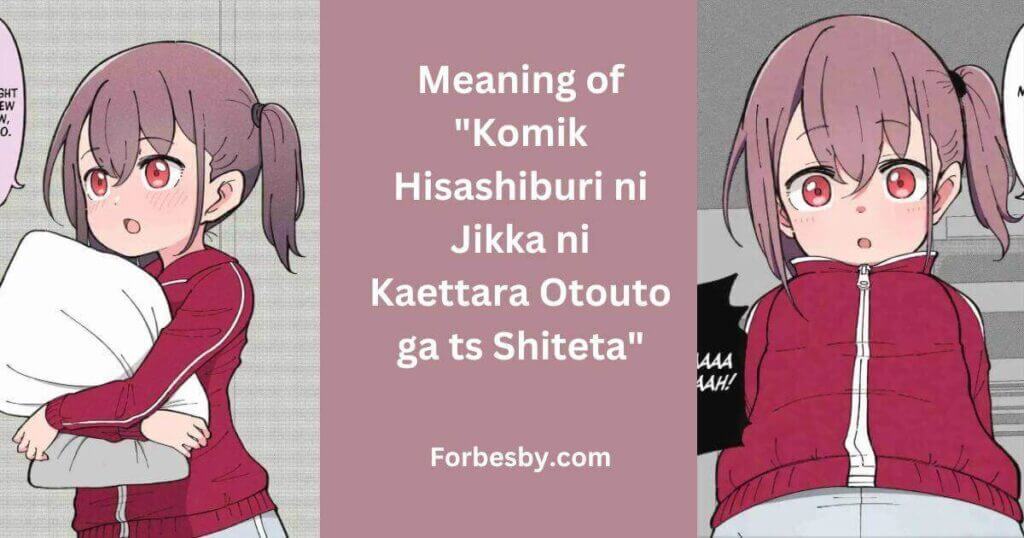Breaking down the phrase, “komik” refers to a long time, “hisashiburi” means after a long time, “jikka” signifies returning home, “otouto” translates to younger brother, and “ts shiteta” indicates that he has grown taller. This phrase explains the experience of returning home to find that the younger brother has grown taller during the absence.
The concept of “jikka” in Japanese culture
In Japanese culture, “jikka” represents the family home or the ancestral house. It symbolizes the center of family life and tradition. It is embodying the values of respect for ancestors and continuity of family lineage. Returning to the “jikka” after a long absence is a significant event, often accompanied by feelings of nostalgia and reflection.
Cultural implications of returning home after a long time
Returning home after a long absence has various cultural implications for Japan. It is often seen as a time of reunion and reconnection with family members. However, it also brings expectations and responsibilities, as one is expected to fulfill one’s role within the family and contribute to its well-being.
Importance of sibling relationships in Japanese culture
Sibling relationships are special in Japanese culture, characterized by mutual respect and support. Traditionally, siblings are expected to care for each other and maintain harmonious relationships. The phrase highlights the bittersweet feeling of seeing a younger sibling grow taller. It is symbolizing the passage of time and the changes in family dynamics.
Factors influencing the behavior of the younger brother
The behavior of the younger brother. It is growing taller in the absence of his older sibling. It can influence the various factors. Cultural norms and expectations play a significant role, as do personal experiences and upbringing. The phrase reflects the younger brother’s growth and development during older sibling’s absence. It is illustrating the passage of time and the inevitability of change.
Comparison with Western cultures
In Western cultures, the dynamics of sibling relationships may differ from those in Japan. There is also an emphasis on family bonds, the specific values and expectations place on siblings can vary. The phrase “komik hisashiburi ni jikka ni kaettara otouto ga ts shiteta” highlights the unique cultural nuances of Japanese sibling relationships. It brings a glimpse into the rich tapestry of Japanese family life.
Sum up
The phrase “komik hisashiburi ni jikka ni kaettara otouto ga ts shiteta” encapsulates the essence of Japanese family relationships. It is highlighting the cultural values of respect, continuity, and growth. That serves as a reminder of the profound impact that family and cultural heritage can have on an individual’s life. It is shaping their experiences and relationships.
The phrase loosely is symbolizing the passage of time and changes in family dynamics.
“Jikka” represents the family home or ancestral house, symbolizing the center of family life and tradition in Japanese culture.
Sibling relationships in Japan characterize through mutual respect and support, with siblings expected to care for each other and maintain harmonious relationships.
The phrase reflects the cultural values of respect, continuity, and growth within the context of family relationships in Japanese culture.
